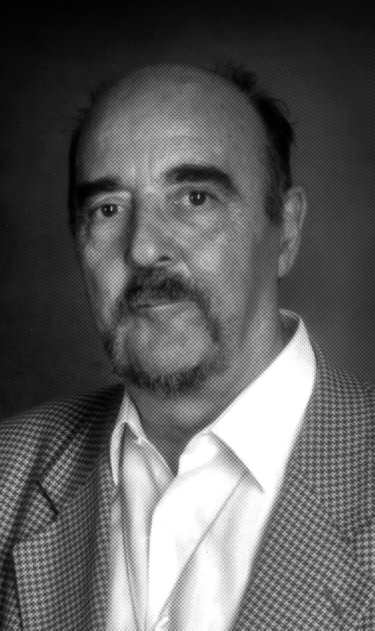The writer Fernando Quiñones (Chiclana de la Frontera, Cádiz, March 2, 1930 – November 17, 1998) had a long relationship with music, especially with flamenco, but also with other disciplines such as those of singer-songwriter or opera.
With José Ramón Ripoll, he produced a Spanish version of the famous opera Carmen, by Georges Bizet, based on the original novel by Prosper Merimée. Directed by José Tamayo, with the participation of the Spanish ballet of Paco Alba and under the musical direction of Jorge Rubio, it premiered in June 1981 in the bullring of La Maestranza in Seville. The voices were those of Pedro Lavirgen, Vicente Sardinero, Josefina Arregui, Stella Silva and Mari Carmen Ramírez.
However, his creative, informative and research work focused on flamenco, and he published a canonical book on the subject: De Cádiz y sus cantes, the first compilation of artists from Cádiz, a directory that has served as the basis for subsequent research. His lectures on the discipline, sometimes accompanied by the writer Félix Grande on guitar, toured the world under the headline “Pequeña gran historia del flamenco” (A Little Great History of Flamenco), in which he tackled the collective memory of flamenco singing, guitar playing and dancing with slides and a direct language featuring both accurate and humorous maxims, such as “flamenco is a potato salad in which gypsies are the mayonnaise”.
Fernando Quiñones also presented a historic programme on TVE’s second channel: Flamenco. It consisted of 126 episodes in two different stages between 1974 and 1980, through which passed the greatest figures of the era of “flamenco past and present”, advised by Miguel Espín and directed by Juan Mediavilla. It won him the National Prize for the best musical programme on TVE and the Jerez Chair of Flamencology Prize.
In the wake of the Andalusian autonomy referendum in 1980, Quiñones wrote and shaped Andalucía en pie, a flamenco stage production directed by José Tamayo, with music by José Torregrosa and Juan Antonio Castañeda, and with a cast headed by Rocío Jurado.
His flamenco lyrics, compiled in a book published by Torre Tavira, were performed by numerous singers, but especially by Carmen de la Jara, who focused on them in her album Arco del Pay Pay.
The presence of music is a constant in his poetry and in his narrative texts, where there is room not only for flamenco, but also for copla, opera, tango, jazz and Andalusí music, among other genres. Another important link between Quiñones and music was channeled through the Alcances film festival, which he directed in Cadiz in the 1960s and 1970s and which, during the late Franco regime and the early years of the transition, opened to other artistic aspects, including painting and recitals such as those given in its programme by emerging singer-songwriters like Chicho Sánchez Ferlosio, Joaquín Sabina, Javier Krahe and Teresa Cano.
Music was an essential part of the life and work of Fernando Quiñones, just as Chiclana-born Fernando Quiñones himself was, to a large extent, part of music.
